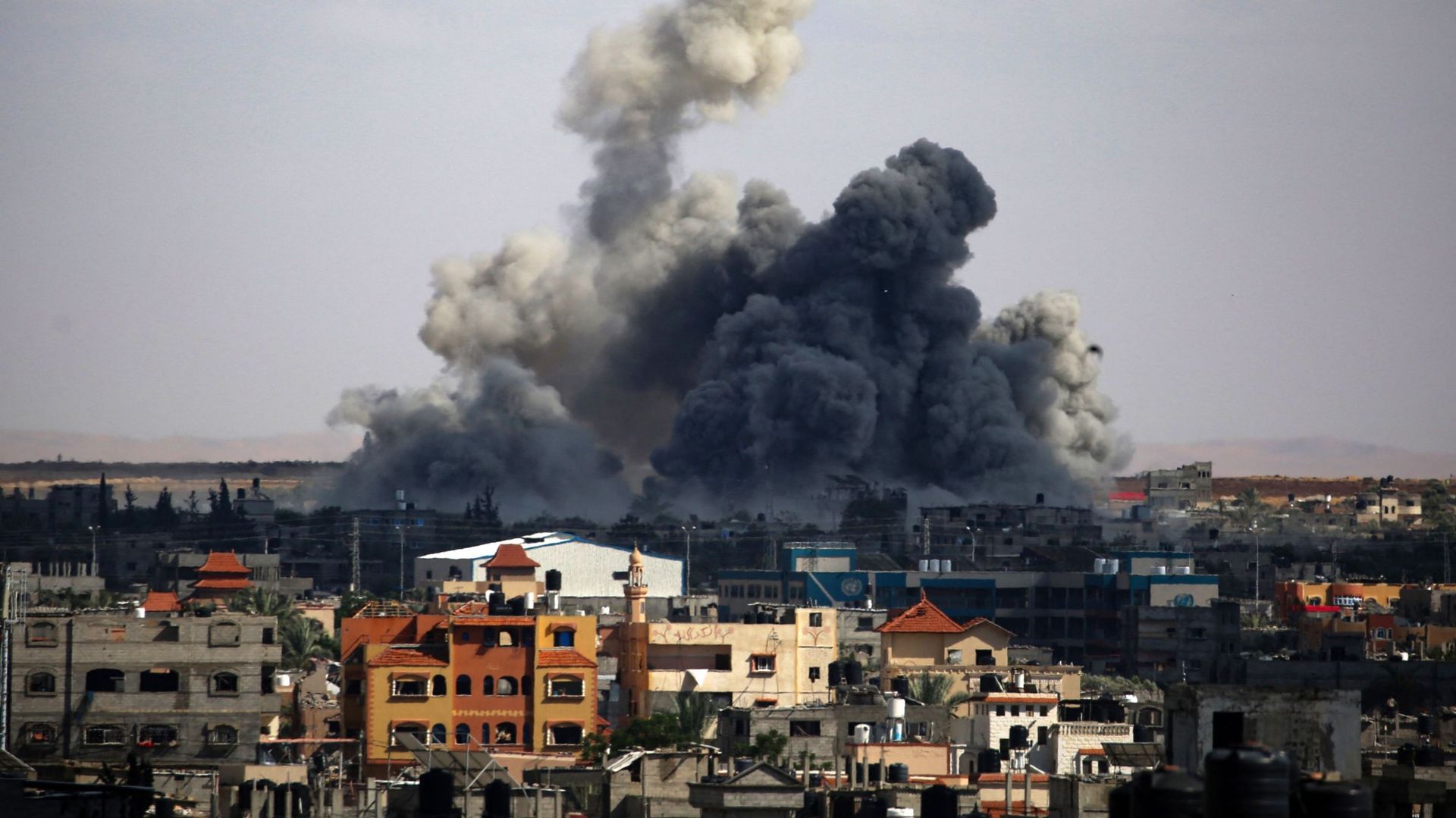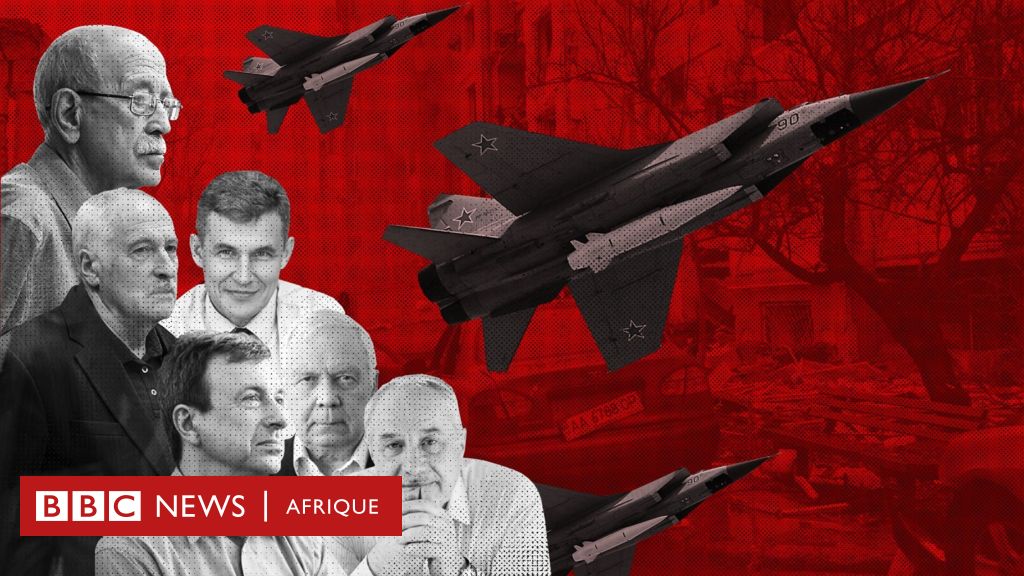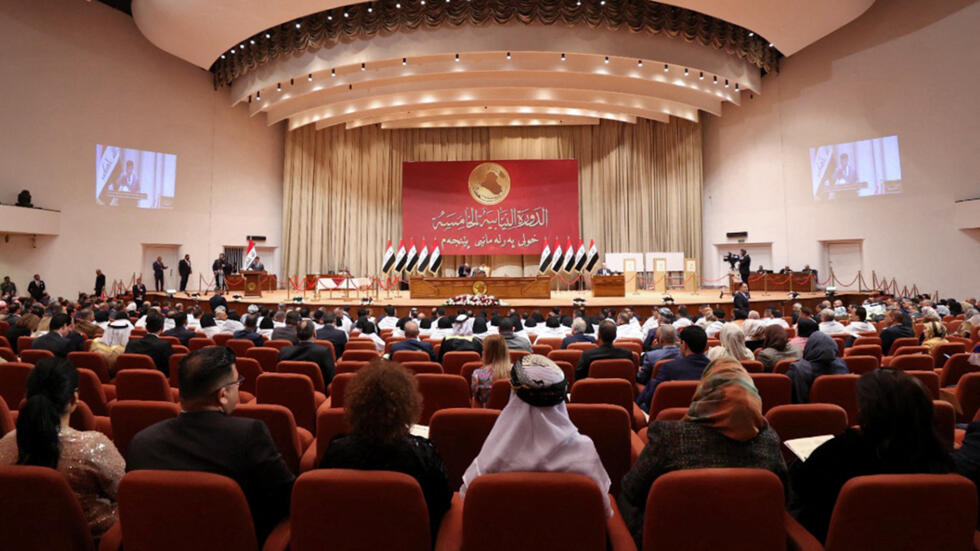Following Hamas’s announcement, the Israeli army carried out intense bombings east of the crowded town of Rafah, where residents were urged to leave, according to AFP.
The evacuation is supposed to prepare the ground, according to Israel, for a ground military operation in Rafah, which is opposed by many countries, including the United States, Israel’s main ally, and international organizations.
Hamas said in a statement that it had informed Egypt and Qatar, countries mediating with the United States, that it had “approved their proposal for a cease-fire agreement” with Israel in the seven-month war-torn Gaza Strip.
Israeli Prime Minister Benjamin Netanyahu’s office confirmed that the proposal was “far from Israel’s demands”, adding that Israel would send a delegation “to mediate to exhaust the possibilities of reaching an agreement” on the ceasefire.
According to a senior Hamas official, Khalil al-Hayy, the proposal includes three phases, each lasting 42 days, and includes Israel’s complete withdrawal from the Gaza Strip, the return of the displaced and the exchange of hostages still held in Gaza and Palestinian prisoners held by Israel. with the goal of a “permanent ceasefire”.
The UN secretary-general called on Israel and Hamas to “make the necessary additional effort” to reach a ceasefire, his spokesman said.
But in the evening, the armed wing of the Palestinian Islamic Jihad said it had fired rockets from the Gaza Strip towards Israel.
In Israel, the Families Forum, an association of hostages’ relatives, said that “the time has come for all interested parties (…) to transform this opportunity into an agreement for the return of all hostages.”
Hamas’s ‘yes’ will increase pressure on Israel (…) to conclude the agreement, said Mairav Zonszein, an analyst at the International Crisis Group (ICG).
In Rafah, which has become a haven for more than a million people, most of them displaced, there was a scene on Monday night with scenes of jubilation and gunfire in the air after Hamas announced a ceasefire.
Indirect talks led by Qatar, the United States and Egypt, aimed at reaching a truce linked to the release of hostages held in Gaza in exchange for Palestinian prisoners, began in Cairo on Saturday but ended on Sunday without progress.
Hamas has called for a permanent ceasefire, while Israel has said it is determined to destroy the Palestinian movement in power in Gaza since 2007, which the country, the United States and the European Union consider a terrorist organization.
Despite international objections, Benjamin Netanyahu vowed to launch an offensive on Rafah, regardless of the outcome of the negotiations, the Israeli army confirmed on Monday that it was necessary to “destroy the last four battalions” of Hamas.
From this perspective, she said she had begun “a limited-scale operation for the temporary evacuation of people living in eastern Rafah”, estimating the number of people at “around 100,000”.
King Abdullah II of Jordan called on the international community in Washington on Monday to do everything to prevent “a new massacre” in Rafah.
In leaflets dropped on the eastern settlements of Rafah, the Israeli army warned that it was “preparing to act strongly against terrorist organizations” and asked residents to “immediately evacuate to the extended humanitarian zone of Al-Mawasi”, ten kilometers from Rafah.
“Residents are evacuating in terror and panic,” Ossama al-Kahlout, a Palestinian Red Crescent official in eastern Rafah, told AFP, adding that some 250,000 people were staying in those areas.
“Thousands” of people have left eastern Rafah, he added later.
Residents told AFP they learned the news after a night punctuated by Israeli attacks. Some were packing their belongings, in their tents flooded by heavy rain, or piling them into trailers.
“Mass evacuation” of part of the population is “impossible” to be carried out in a “safe” way, underlined the spokesman of the UN Secretary General, while the UN High Commissioner for Human Rights assessed the evacuation order as “inhumane”.
Washington, Riyadh, Amman and Paris reiterated their opposition to the Rafah offensive.
In a telephone interview, US President Joe Biden reiterated his “clear position” to Mr Netanyahu on Monday against any offensive in Rafah, according to the White House.
This evacuation order in Rafah “harnesses the worst: more war and famine. It is unacceptable”, also launched by the head of the European Union’s diplomacy, Josep Borrell.
The World Food Program (WFP) recently warned that the north of the Gaza Strip is suffering from “real hunger”, which is advancing towards the south of the Palestinian territory.
The Palestinian Authority, based in the occupied West Bank, called on Washington to prevent the “massacre”.
Following Hamas’s announcement, the Israeli military, which said it hit more than “50 terrorist targets” in Rafah on Monday, said it was still calling for evacuations.
According to the Israeli military, “field hospitals, tents and an increasing amount of food, water, medicine and other supplies” have been set up in Al-Mawasi.
But residents and humanitarian organizations describe areas that are already overpopulated or destroyed after seven months of war.
“My family and I, 13 people, do not know where to go,” confides Abdelrahmane Abou Jazar, a 36-year-old man. This area lacks “places to pitch tents or schools to shelter us.”
“This area is already saturated and deprived of basic services,” says Jan Engeland, director of the non-governmental organization Norwegian Refugee Council (NRC).
On Sunday, four Israeli soldiers were killed by rockets fired from eastern Rafah around Kerem Shalom, the main entry point for humanitarian aid from Israel to Gaza.
Hamas’s armed wing claimed responsibility for the shootings, prompting Israel to close the crossing while international aid trickled into the besieged territory.
Mr. Netanyahu told Mr. Biden on Monday that he would ensure that “Kerem Shalom is open for humanitarian aid for those in need,” according to the White House.
The war broke out on October 7 when Hamas commandos infiltrating from Gaza launched an attack on southern Israel, resulting in the deaths of more than 1,170 people, mostly civilians, according to an AFP report based on official Israeli figures. More than 250 people were abducted and 128 remain trapped in Gaza, of whom 35 have died, according to the army.
Israeli reprisals have already left 34,735 dead in the Gaza Strip, mostly civilians, including at least 52 in 24 hours, according to Hamas’ health ministry.



